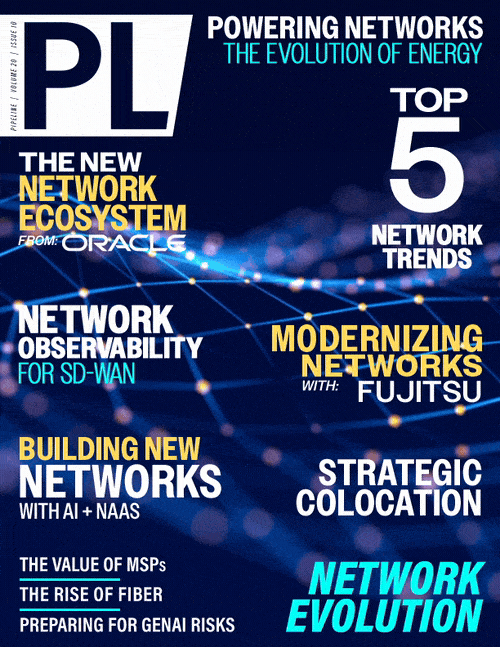Achieving Operational Agility Through
Strategic Colocation Solutions
The geographic redundancy within colocation facilities enables data replication across sites for disaster recovery purposes while backup strategies help maintain data integrity in case of system malfunctions. Additionally, these facilities focus on cooling systems to prevent IT equipment from overheating.
To enhance security, colocation facilities use physical access restrictions, surveillance technologies, and cybersecurity measures to protect equipment and data from access or cyber threats. Continuous monitoring and proactive threat identification bolster the security measures.
The Power of Local Proximity
In recent years we’ve seen a shift in how large volumes of data are handled. By moving data processing closer to the point of origin, it not only reduces delays but also plays a crucial role in promoting information privacy and security.
Minimizing Delays: Moving data processing closer to where the data originates helps reduce delays. This close proximity boosts the speed of making real time decisions and enhances user interactions. Industries that rely on prompt responses, such as healthcare, finance, and autonomous vehicles, experience performance and dependability enhancements thanks to this approach.
Improved Data Handling: Processing data closer to its origin is integral in managing and handling large amounts of data. It also promotes information privacy and security by minimizing the need to send data over distances. Additional measures like encryption and geo-replication further ensure the safety of data while complying with standards.
Enhancing Integration and Interoperability
Integration between technologies is crucial for operational agility. This enables quick data exchange, efficient workflows, and adaptable processes. Application Programming Interfaces (APIs) and integration platforms are essential in bridging the gap between different systems, facilitating communication and interaction. APIs provide interfaces for data transmission and system interaction, simplifying integration and fostering collaboration among software applications. Integration platforms also serve as central hubs for managing data flow between systems. Platforms like VMware Cloud Director offer tools to seamlessly connect cloud services. Veeam Backup & Recovery integrations improve data protection and recovery capabilities through cohesive system connections. These solutions streamline data protection and recovery operations by merging with IT environments, ensuring data accessibility, improving backup efficiency, and enabling quick recovery during unexpected disruptions.
Ensuring Security
Colocation facilities house a lot of important data, making them attractive targets for cyberattacks. It is essential to implement strong security measures to safeguard and uphold confidentiality, integrity, and availability. To proactively address cybersecurity, organizations must establish security protocols to mitigate risks and protect their systems and data. Encryption is a key security measure in colocation facilities. Encrypting data, both during transit between systems and while it's stored, aids in keeping sensitive information secure and confidential, making it unreadable to unauthorized users. Access controls are also crucial for limiting access to unauthorized personnel. By configuring access permissions and authentication protocols organizations can prevent entry into sensitive areas within colocation facilities, reducing the likelihood of data breaches and unauthorized activities. Consistent monitoring and surveillance are key for maintaining security in colocation environments. By leveraging monitoring tools and intrusion detection systems



















